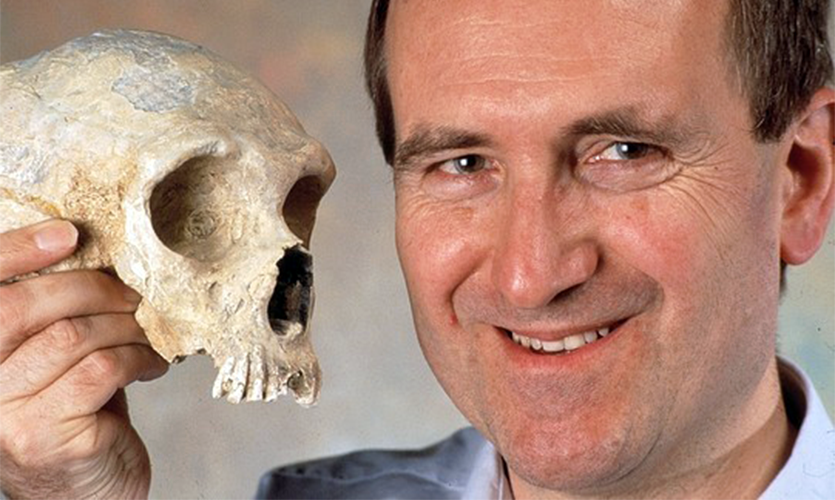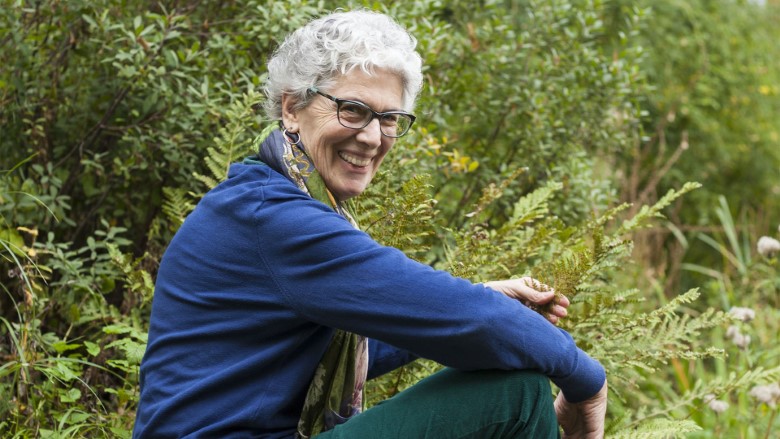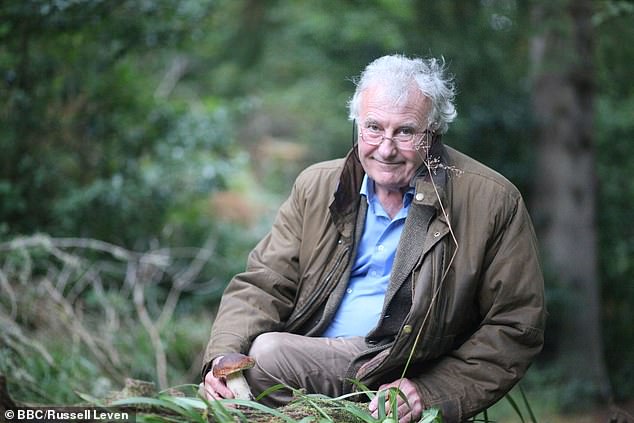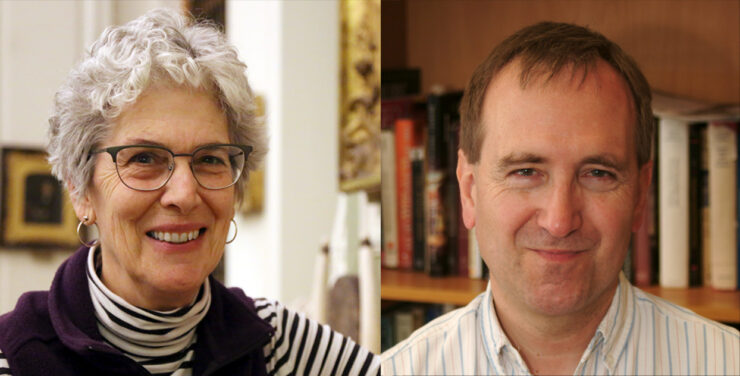Three Museum scientists were honored in the 2023 New Year’s Honours list. Professor Chris Stringer, Dr. Sandra Knapp, and Dr. Richard Fortey are among those honored on His Majesty King Charles III’s inaugural list of honorees, celebrating their significant contributions to their respective disciplines of human evolution, botany, and paleontology.
“We are thrilled to see Professor Chris Stringer, our longest-serving research scientist, Dr Sandra Knapp and Dr Ricahrd Fortey be recognised with a CBE and OBE in this year’s New Year Honours list. Chris, Sandy and Richard are at the forefront of their fields, world leaders making significant impacts to science internationally. A huge congratulations to them all.” says, Dr Doug Gurr, the Director of the Museum.
Identifying our own ancestors



For fifty years, Chris has been a well-known researcher in the subject of human evolution. He has spent more than 50 years studying the evolution of people. He began his education at University College London where he majored in anthropology. After completing his PhD in anatomical studies at Bristol University, he joined the Museum as a permanent employee in 1973.
His research on the spread of our species beyond Africa has revolutionized public and scholarly knowledge of the interactions between Neaderthals and modern humans, and it has been crucial in establishing how and when the first humans arrived in Britain.
Chris has amassed 527 papers to date on topics ranging from palaeontology and archaeology to geochronology and genetics, and he continues to publish. Chris has earned an exceptional reputation and an expansive worldwide network of collaborators. Chris, a Fellow of the Royal Society, has received seven medals from scholarly organizations.
According to the reports of Natural History Museum, Chris says that: “I’m delighted to be awarded the CBE and accept this as an honour not just for me but for all the people I’ve worked with on human evolution studies over the last 50 years or so, both within and outside the Natural History Museum.”
Plant species evolution, botany



Prior to pursuing a PhD at Cornell University, Sandy first studied botany at Pomona College in California. Her scientific work has centered on the Solanaceae family of plants, which includes vegetables like potatoes, tomatoes, and aubergines.
The connections and evolution of the plant species that make up this group have been thoroughly studied, and as a result, novel and fascinating insights into the ancestry of these significant food plants and their relatives as well as the descriptions of new species have been revealed.
Sandy has a background in science, but she has also worked tirelessly to communicate science. She has written several books on botany, botanical exploration, and botanical drawings. In addition to being a well-known supporter of variety in the scientific community, Sandy is a former president of the Linnean Society, a trustee of the Botanical Society of Britain and Ireland, and the president of Flora and Fauna International USA.
“This honour is as much for those I work with as it is for me. It is lovely to have botany, the study of plants, recognised in this way. Plants form the basis for most of Earth’s ecosystems, and my work to disseminate the story of science begins with them. My huge thanks to all who have supported me and work throughout the years – this is for all of us.” says Sandy.
A life dedicated to fossils



Richard first became interested in palaeontology when he was 14 years old and found a trilobite fossil. This finding gave rise to a passion for these extinct creatures that has lasted my whole life and a career spanning over six decades.
He was a world authority on these arthropods after studying natural sciences at Cambridge and then doing a PhD on fossil trilobites that were preserved in the rocks of the Arctic archipelago of Svalbard. He has spent his whole professional life at the Museum, where he has named hundreds of new trilobite species from all over the globe and amassed over 250 publications on the history and development of many significant trilobite groups.
He is a Fellow of the Royal Society and has served as president of the Geological Society of London, the Palaeontological Association, and the Palaeontographical Society in the past. Richard has continued his scientific studies despite leaving the Museum about 20 years ago, and he still does research and writes on palaeontology.
Richard has been a successful scientist, but he has also inspired many people via his many publications, radio, and television appearances. He is perhaps best known for his insider’s account of the Natural History Museum, Dry Store Room No.1, but he is the author of several other publications on fossils, particularly trilobites.
He has also starred in several TV programs, including Survivors: Nature’s Indestructible Creatures and Nature’s Wonderlands: Islands of Evolution. He also accompanied Sir David Attenborough to Morocco’s Atlas Mountains for the TV program First Life. The Life Scientific, a radio program hosted by Jim Al-Khalili, interviewed him in 2014.
